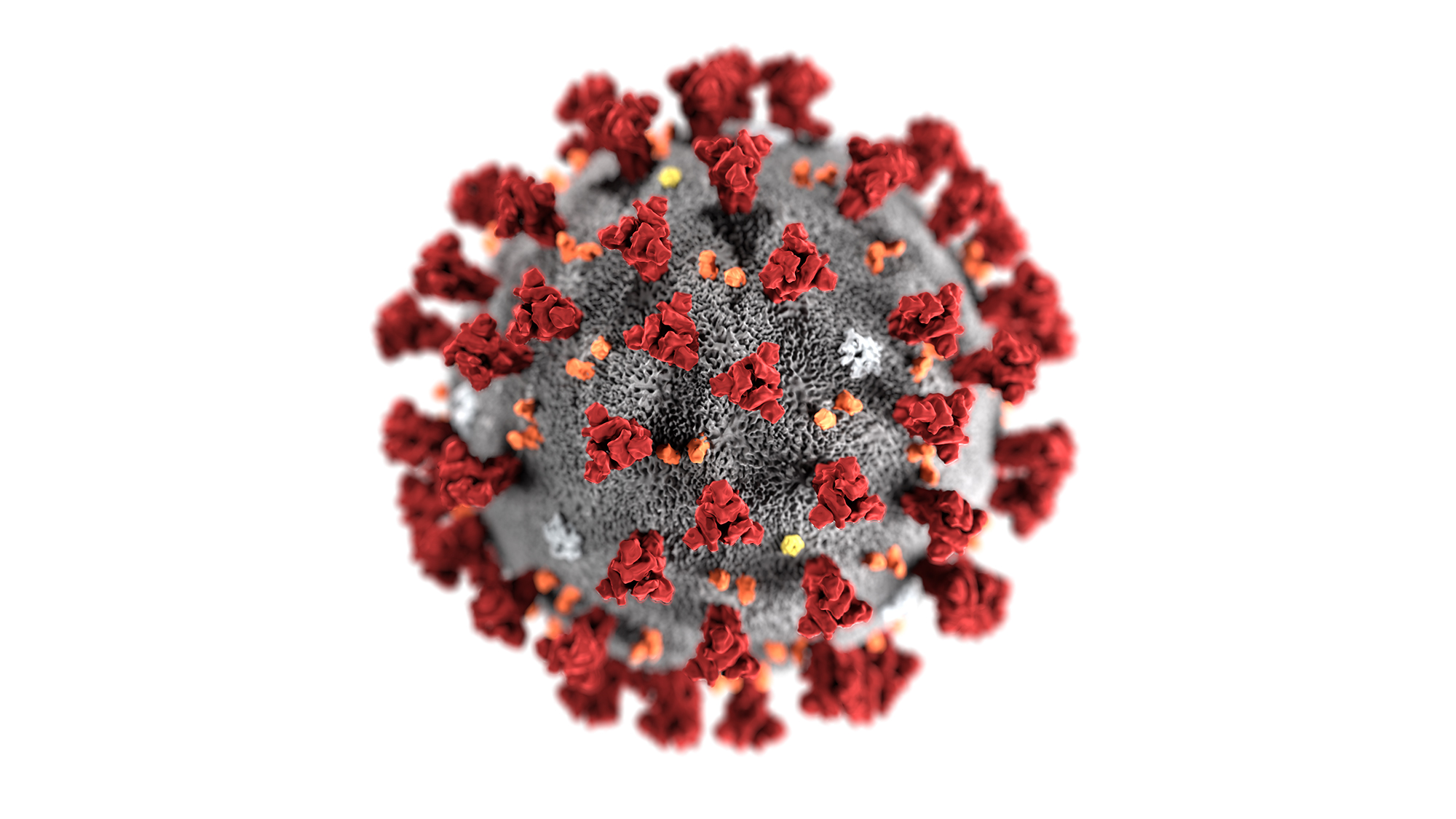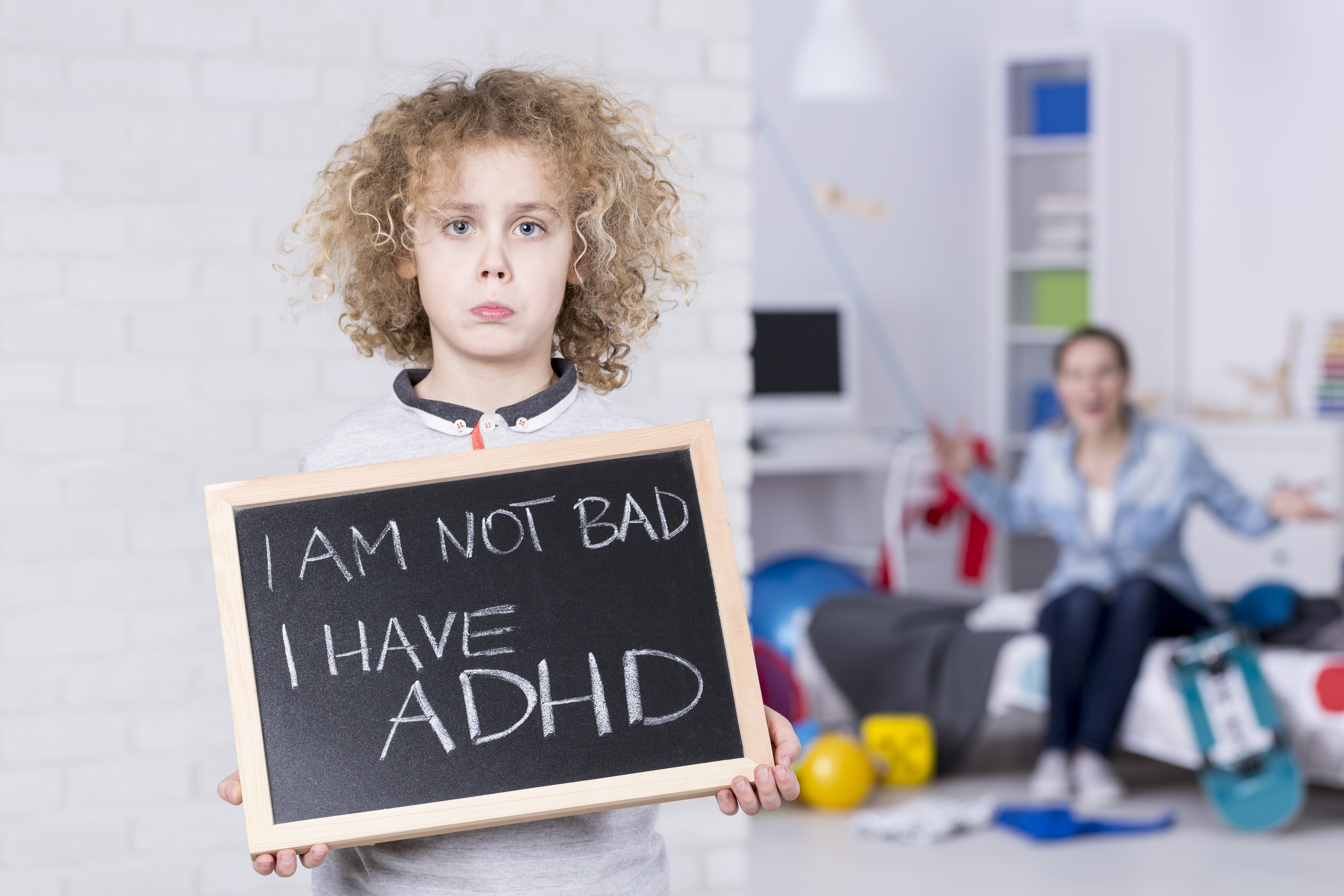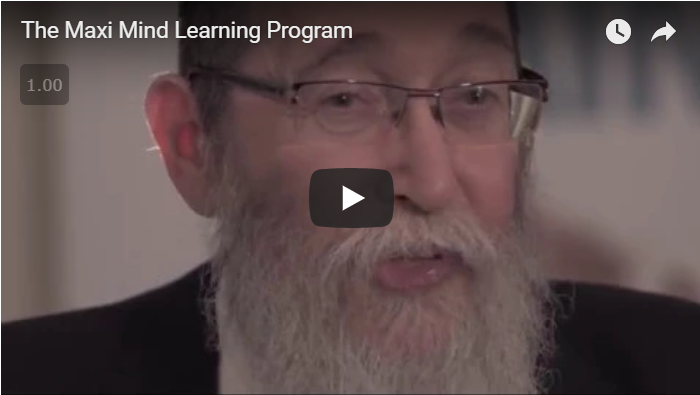As the incidence of ADHD continues to rise, with the Centre for ADHD Awareness Canada now estimating that 12% to 15% of children are affected by the condition, every day more families learn that their child has been diagnosed with ADHD.
The news can cause mixed emotions, confusion and anxiety about the implications for your child and family. But by adopting the right perspectives from the start, you will help everyone in your family learn to better manage and live with ADHD.
- You’re on a Journey of Discovery – ADHD symptoms can differ greatly from child to child. A variety of often contradictory professional opinions about ADHD and its treatment can be confusing. As your child grows, symptoms can change and new ones arise. It will take time learn about ADHD. It’s important that you continue to educate yourself and your child about the condition, its symptoms and the challenges you will all face.
- You Need to Advocate for Your Child – Stereotypes about ADHD are far more prevalent than knowledge-based understanding. You need to gain a solid appreciation of your child’s specific issues and make sure they are known to those around him. You must push for answers and solutions that make sense to you and for your child
- Successful ADHD Management Requires a Team Approach Tailored to Your Child’s Individual Needs – Neither you, your child’s doctor, teacher or any single person can successfully treat ADHD symptoms alone. They must work together as a collaborative team, using complementary strategies, focused on the same goals. The team approach encourages consistency, which helps your child understand and manage his ADHD.
- Your Child’s ADHD Does Not Define Him – ADHD symptoms and behaviours can cause the people around your child to have negative impressions of his personality. That negativity doesn’t go unnoticed by your child. The problem is amplified when he feels it from those closest to him – especially you. But, while the behaviour may be considered bad, your child is not. By understanding your child’s particular symptoms and any triggers that bring them on, you can separate the child from the behaviour. Eventually, he will too and it will help all of you to better deal with ADHD.
- Take Care of Yourself – Being a parent is difficult. It’s physically and emotionally exhausting. Being a parent of an ADHD child, with its added responsibilities, feelings of guilt and doubt, frustration and dedication, can be exponentially worse. You must take care of yourself before you can take care of anyone else. Try to make time for yourself every day. Keep open, ongoing communication with your spouse and other immediate family members to make sure you all work together. Join an ADHD parent support group. The more you do to help yourself deal with the challenges you face, the easier they will be to conquer.
If you would like to learn more about a powerful, safe, effective and drug-free approach to control or even eliminate your child’s ADHD symptoms, call Maxi Mind Learning Centres at 416-858-9868 today for a free initial consultation. A Maxi Mind solution can be customized to suit your child’s needs and your family’s budget.






